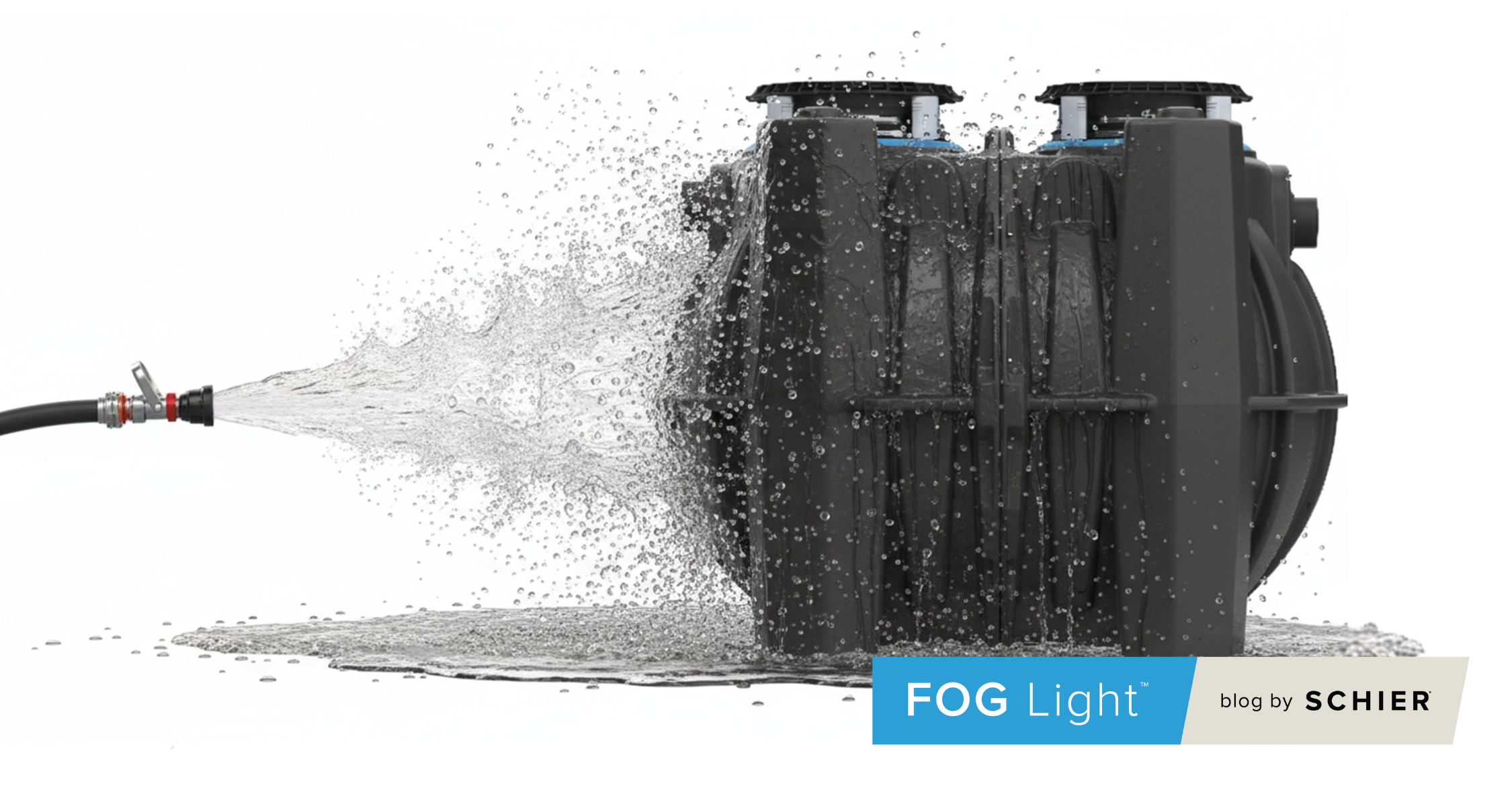
Discover why the 30-minute retention time rule for grease interceptors falls short, and how tested, engineered solutions set the real standard.
Read More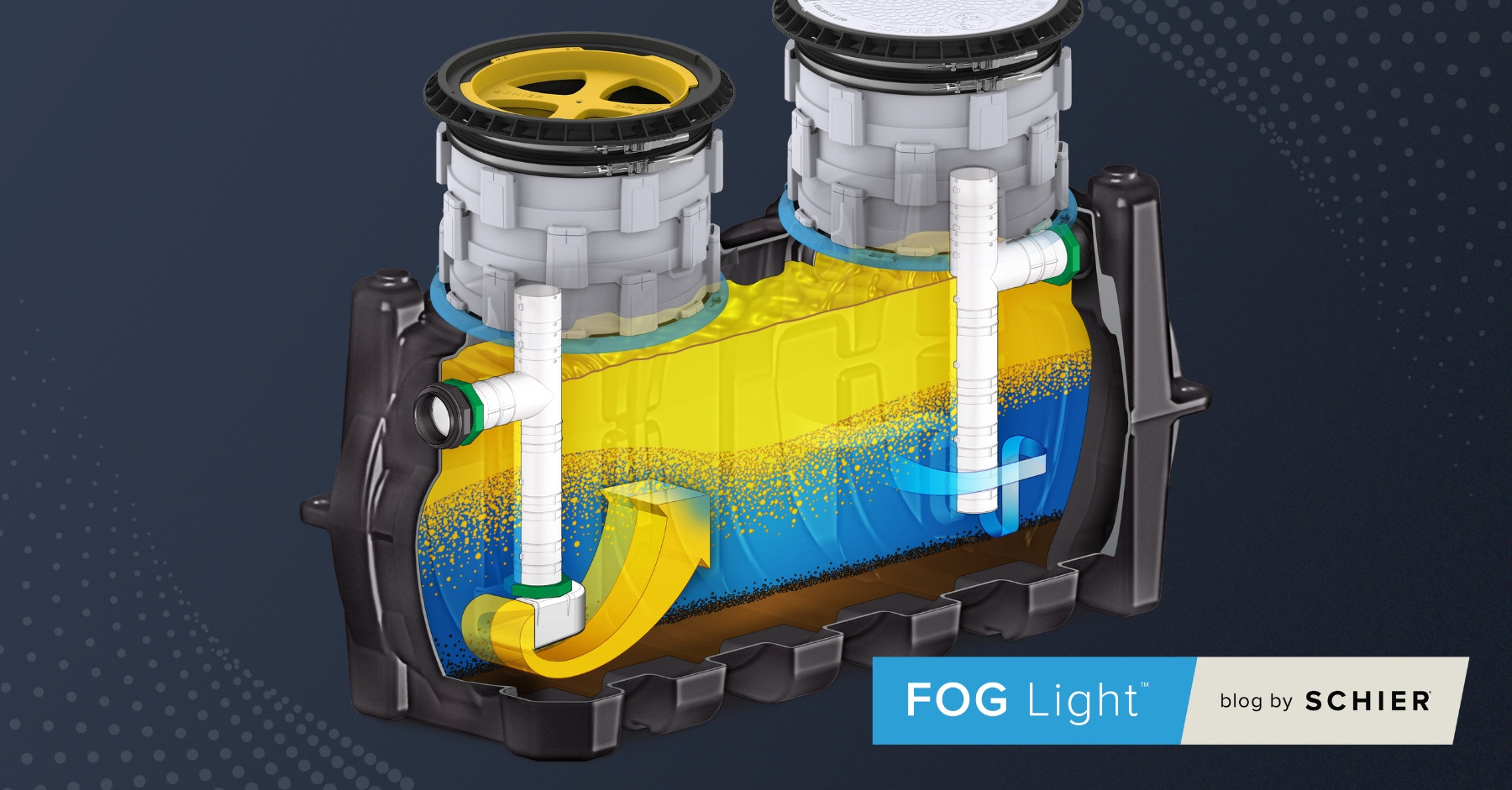
We talk a lot about hydromechanical grease interceptors… but what does that even mean? This blog explores the origin of the term hydromechanical, how these units work and why they are more efficient than untested gravity grease interceptors.
Read More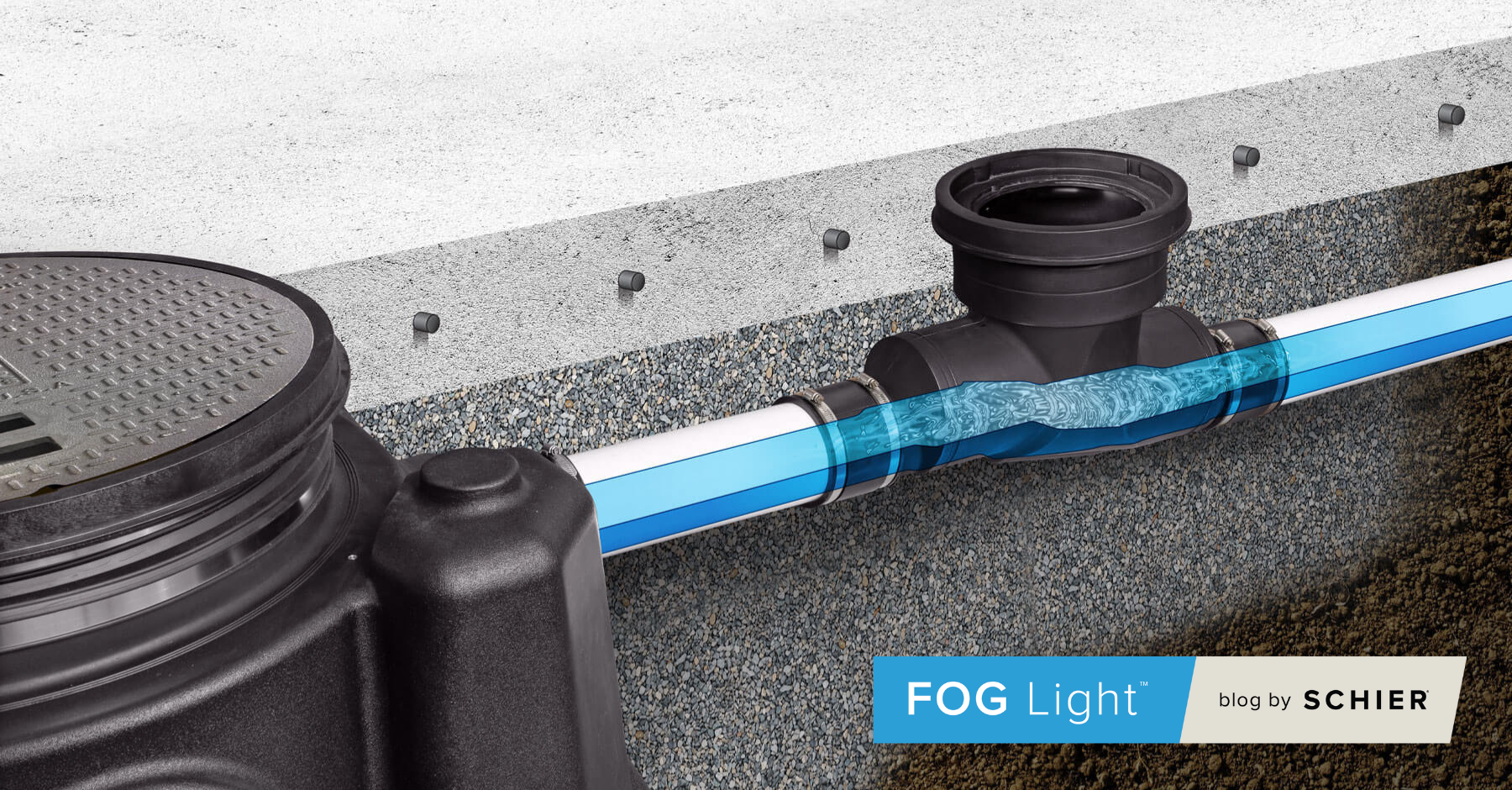
Effluent concentration limits are set by jurisdictions to monitor grease interceptor compliance. But there are two major problems with this approach.
Read More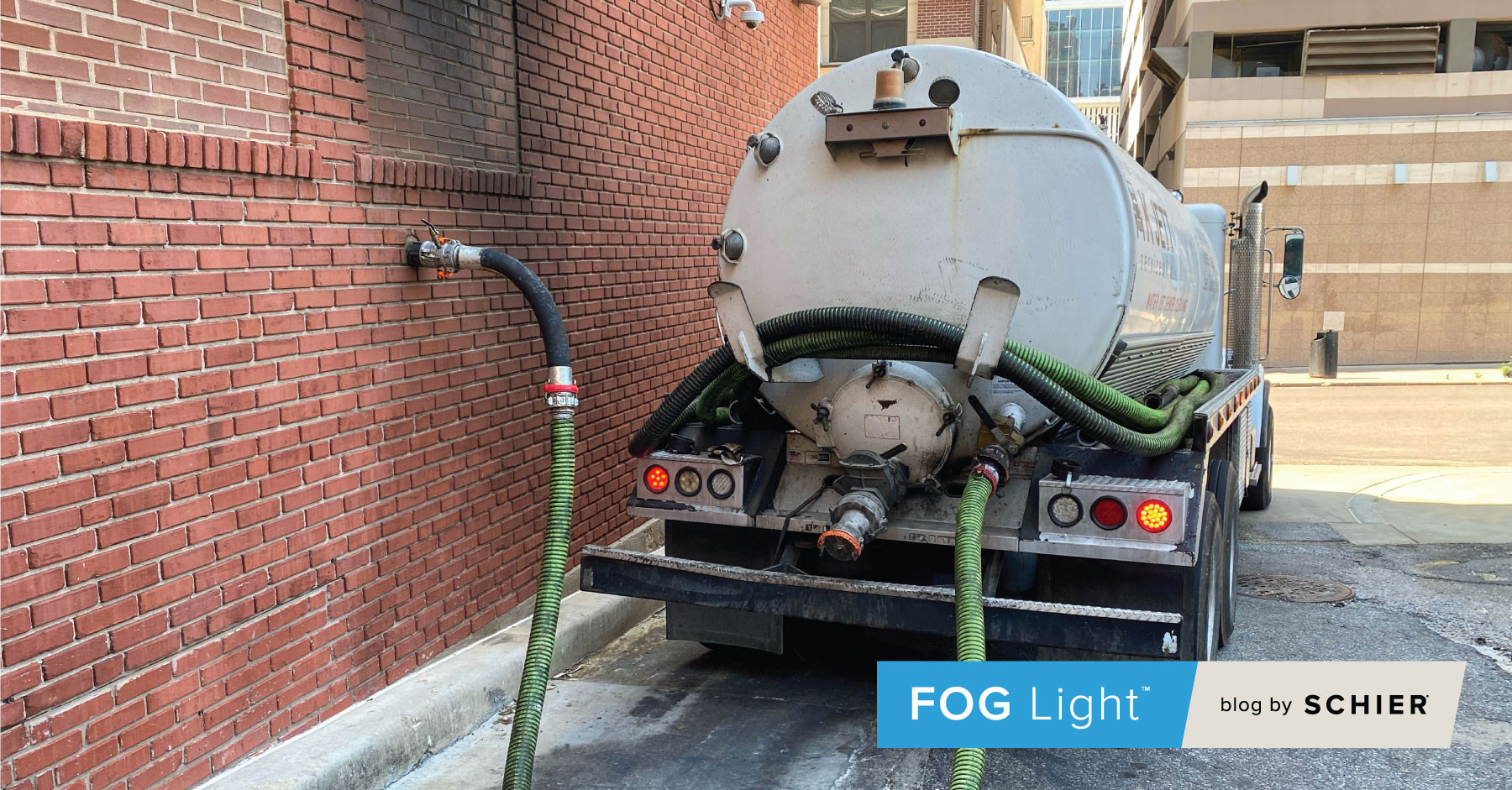
The 25% rule limits grease interceptors to 25% combined grease and solids capacity. Modern hydromechanical interceptors (HGIs) hold up to 75% grease, reducing water waste and costs. HGIs outperform outdated systems, highlighting the need for updated standards.
Read More
Field inspections show that FOG (fats, oils, and grease) is introduced through every kitchen fixture, however, misconceptions persist about the necessity of routing floor drains, sinks or other fixtures to an interceptor. What is the right answer?
Read More
Grease interceptors play a crucial role in maintaining the smooth operation of food service establishments.
Read More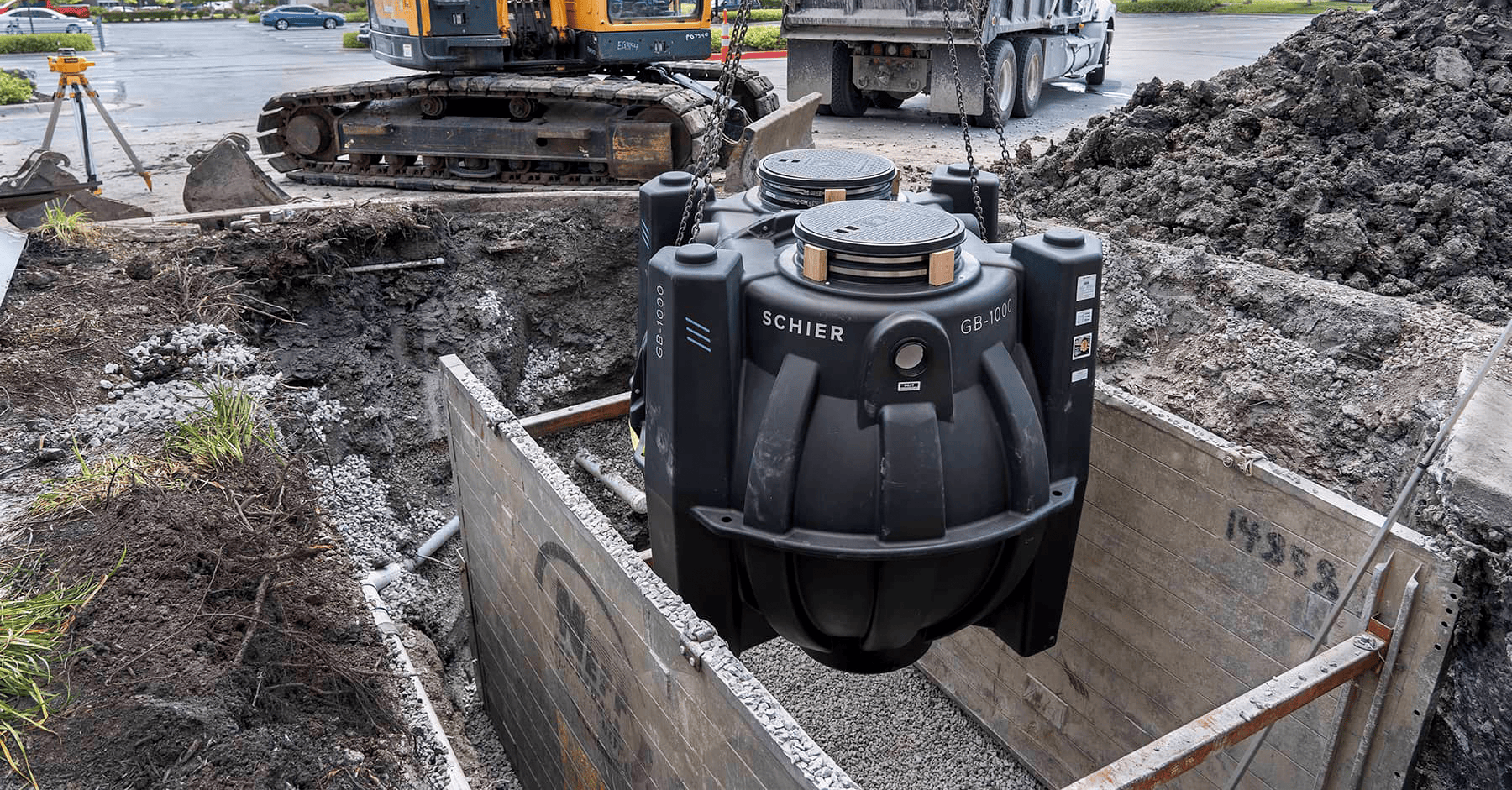
Gravity grease interceptors are crucial for clean wastewater systems in high-grease food service. Debunking misconceptions and explaining the key to effective grease management and environmental protection.
Read More
Looking for the right grease interceptor can be overwhelming. Learn about the different considerations for choose a grease interceptor that best fits your needs in this comprehensive guide.
Read More
Kansas-based grease interceptor manufacturer, Schier Products Company, has announced the transition of all its stock into an Employee Stock Ownership Plan (ESOP), resulting in the company becoming 100% employee-owned.
Read More
Hydromechanical grease interceptors (HGI) traditionally utilize flow control devices to restrict the incoming flow to the flow rate to which the grease interceptor is certified. Even so, flow control devices haven’t always been used the way they are today.
Read More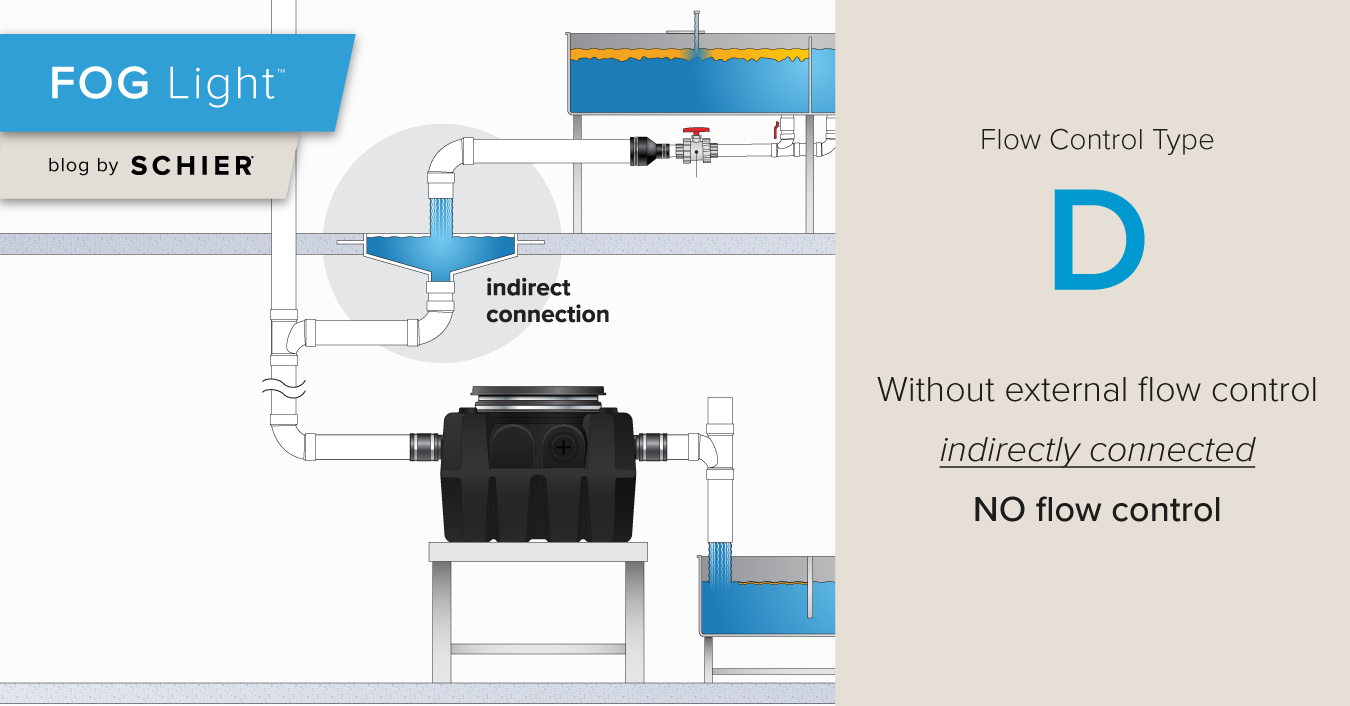
The ratings of hydromechanical grease interceptors are divided into four types, A thru D, according to the product standard ASME A112.14.3.
Read More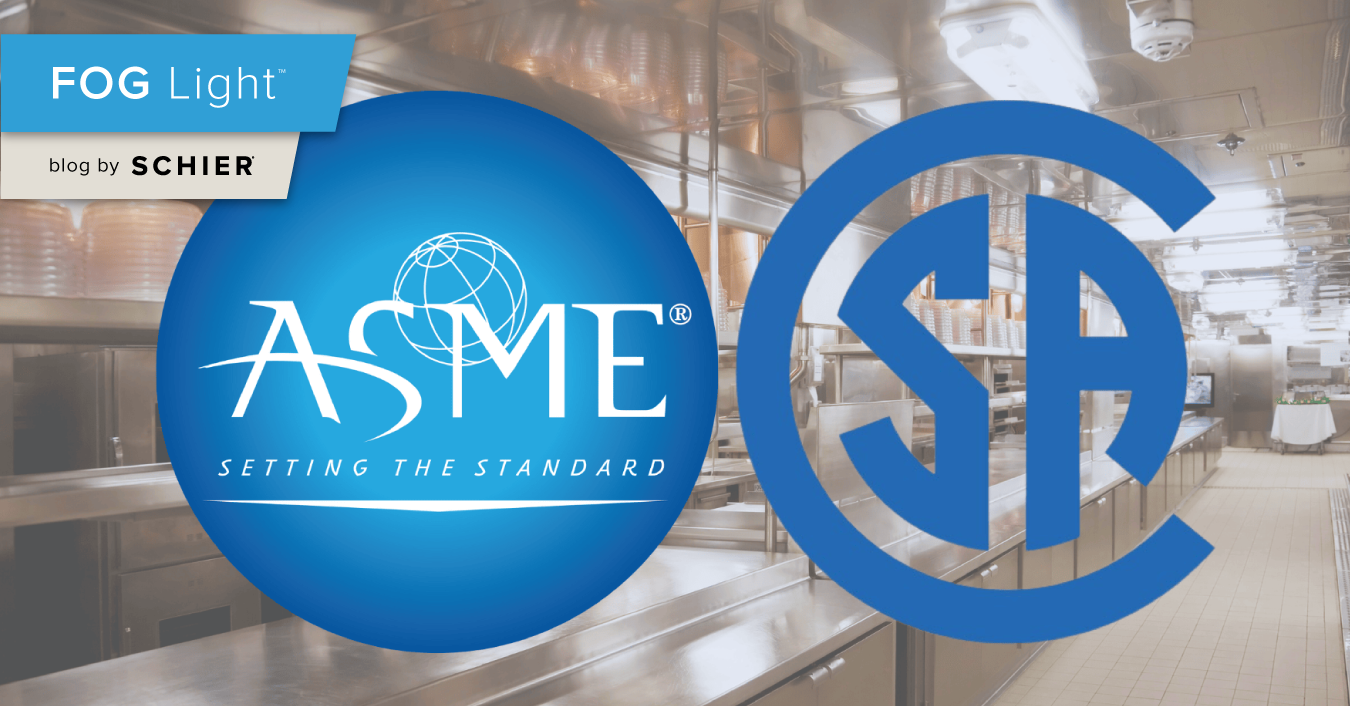
ASME and CSA harmonize plumbing standards for hydromechanical grease interceptors, streamlining regulations and benefiting North American manufacturers.
Read More1 of 3 pages
View Next Page